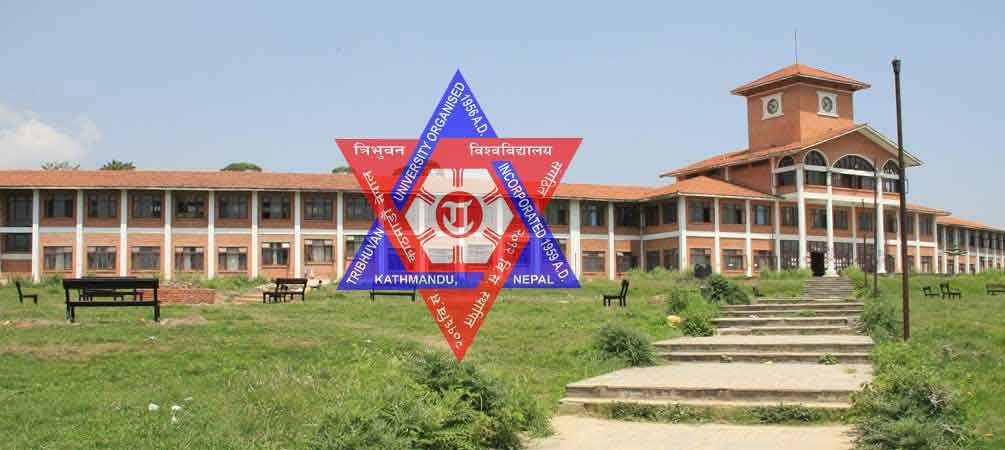
Crisis in University Leadership: The Political Stalemate Affecting Nepali Higher Education
In recent years, the trend of appointing university officials, particularly in Nepal, has veered significantly from merit-based to politically motivated selections. This shift has had profound repercussions on the educational landscape, leading to a troubling stagnation within the institutions.
The Impact of Political Appointments on Universities
-
Stagnation and Decline in Quality: The introduction of political affiliations as a criterion for university leadership roles has resulted in an academic deadlock. Crucial roles are filled not on the basis of expertise or experience in academia, but on political loyalty. Consequently, universities have become arenas for political activity, leading to neglect in their primary purpose of education and research.
-
Disruption of Academic Calendars: The absence of suitably qualified individuals in leadership positions has led to the failure to implement academic calendars effectively. The result is a chaotic educational environment, diminishing the appeal of local institutions.
-
Declining Student Enrollment: As the quality of education declines due to these administrative issues, students are increasingly looking abroad for their studies, seeking better opportunities in foreign universities.
The Dilemma at Tribhuvan University (TU)
-
Leadership Vacuum: Prof. Dr. Dharmakant Baskota's tenure as the Vice-Chancellor of Tribhuvan University, one of Nepal's most prestigious educational establishments, ended without a clear succession plan, reflecting the uncertainty plaguing the system.
-
Political Tug-of-War: The struggle to fill the Vice-Chancellor position has become a battle among ruling party affiliates, with significant disagreements preventing a consensus.
-
The Search Committee's Role: The Prime Minister, in his capacity as the Chancellor of TU, is mandated to establish a 'search committee.' This committee's responsibility is to recommend suitable candidates for the role, from which the Council of Ministers will make a selection. The delays in forming this committee have further compounded the issue.
Politicization of University Governance
-
Historical Context: Kedarbhakta Mathema, a former Vice-Chancellor, points out that politicization within TU began intensifying post-1990 and reached a peak after 2005/06. This has led to a preference for political adherence over qualifications and capabilities, adversely affecting the institution's performance.
-
Call for System and Standards: Both Mathema and former Education Minister Girirajmani Pokharel emphasize the need for establishing systems and standards that prioritize academic qualifications over political connections for the role of Vice-Chancellor.
Recommendations for Reform
-
Urgent Need for Independent Leadership: For TU to undergo meaningful reform, leadership must be independent from government influence. This would involve creating policies that allow the university to operate autonomously.
-
Establishing a Merit-Based Roster: Pokharel suggests that a merit-based roster for appointments is crucial for the improvement of TU, emphasizing that academic credentials should take precedence over political affiliations.
The Way Forward for Nepali Universities
-
Implementation of Commission Recommendations: The high-level National Education Commission's report, although not yet published, advocates for significant changes, including removing the Prime Minister as the chancellor and establishing a Vice-Chancellor Selection Committee to promote open competition.
-
Reducing Political Influence: Lawmakers like Badri Pandey argue for a reduction in political involvement within universities, suggesting that the education sector should not become a battleground for party politics.
-
Establishing Academic Seniority: To improve the quality of university governance, a system of appointing academics based on seniority and academic achievements should be implemented.
The path to rejuvenating Nepal's higher education system lies in depoliticizing university governance, fostering independent leadership, and focusing on academic credentials. Without these changes, the nation's educational institutions risk continued decline, losing their appeal to both local and international students.
Tribhuvan University College News




